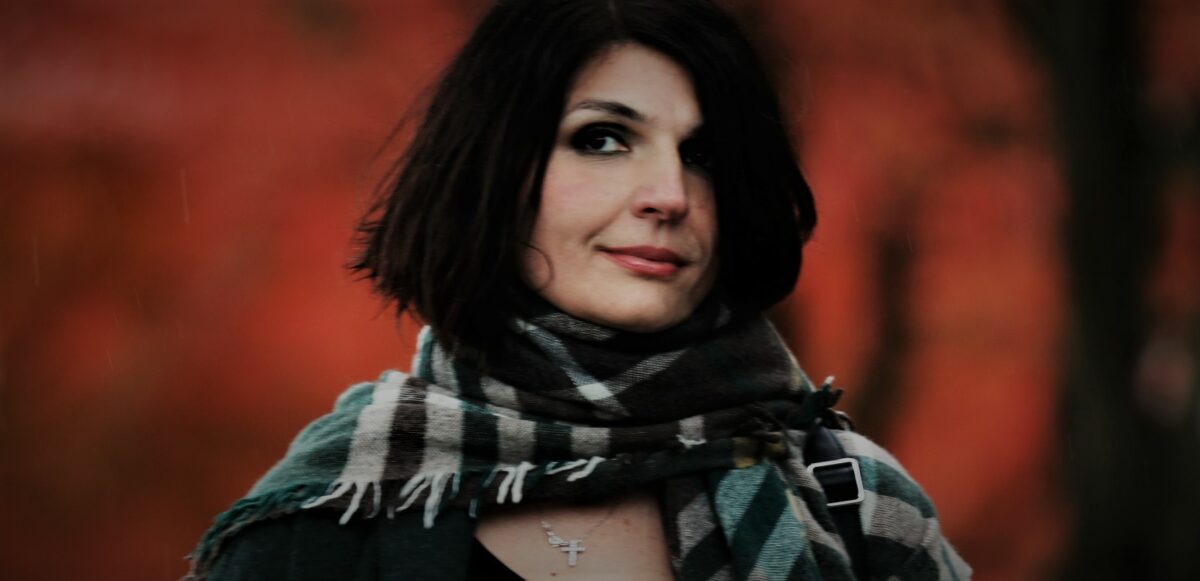Totalitarianism Disguised as Concern for Humanity
Modern man lives in a time of global economic crisis, health crisis, environmental crisis, birth crisis, identity crisis, crisis of ideas, crisis of critical thinking, morality crisis, cultural crisis, media crisis, government crisis, freedom crisis… From birth until death, man is constantly moving from one stage of life on to another, and every transition, as well as each stage, is critical. Even the transition to immortality is critical.
What is crisis and has there always been such a thing? Who was the creator of crisis and evil in the world? Why do crises occur? What happened to critical thinking and human rights to freedom of choice? Can a system entrap a man?
These are just some of the questions I will try to answer in this article, inspired and moved by the events in my personal life, as well as current events on the North American continent, and around the world.
What is crisis? Where and when was it created?
There are countless definitions to choose from to answer this question. A different answer would be given by a psychologist, anthropologist, political scientist, philosopher, theologian, sociologist, farmer, or a teacher.
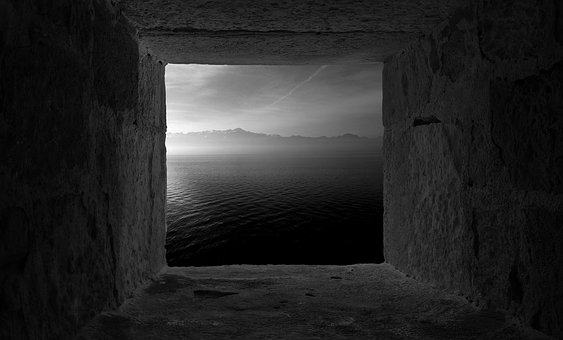
The word ‘crisis’ itself comes from the Greek words κρίση, pronounced [krísi], and κρίσις, pronounced [krisis], and means turning point, state of instability, progress or decline, and judgment. In the broadest sense of the word, crisis is a transitional time when one model of organizations’ development and the interpretation of the world is worn out, and a new one has not yet been created.
If we look at Christian teachings, the crisis first arose in Heaven when Lucifer voluntarily defected from his Creator. The taste of such a crisis was then carried on in the form of demonic power, in the form of a serpent which whispered to Eve to break God’s commandment: “but of the tree of the knowledge of good and evil you shall not eat, for in the day that you eat of it you shall surely die.”(Gen 2:17).
This commandment was a call to human freedom to the proper use of creation (as food), to establish a proper relationship with the beauty of the world and the knowledge gained through it. Trampling on the commandments means abusing the world and its gifts. This commandment of God was not a restriction for man, but a signpost on how to properly treat creation. Viewed from a biblical perspective, death is a consequence of sin and man’s separation from God, but on the other hand, death is not a given and a necessity. God creates a man as a free being, to be in communion with him and to live forever.
And although, at the beginning of history, man recklessly rejected God’s call and blessing to “rule over the creatures” (Gen. 1:26), and “exchanged the truth of God for a lie” (Rom. 1:25), God did not abandon him. However, He allowed death to do its work over man and, paradoxically, for man’s sake!
There is an Eve in all of us, the one who excites and feeds us with poisonous and futile things. But at the same time, one senses that there is another reality, where there is no crisis, that he is a member of the heavenly community, which cannot be reached without personal revolution, repentance, rethinking, humanization, crucifixion, death, and resurrection!
Who or what is the cause of evil and crisis?
The fall is a phenomenon that exists in various forms in almost all religions of the Hellenic-Roman world, but let’s go back to how the Orthodox Fathers define the fall. Saint Basil the Great, who lived in the 4th century, in his Homily Explaining that God is Not the Cause of Evil, says that the event of man’s fall has two aspects: internal and external, i.e., intrapersonal and interpersonal. It is not easy to distinguish them because one carries the other and cannot be comprehended without it.
The interpersonal aspect belongs to the relationship between man and God. By violating the God-given order, it led to alienation from God, which is the most terrible of all evils. But the divine law was not only external; it was already woven into man’s nature. Therefore, its violation, in addition to destroying man’s interpersonal relationships, led to his intrapersonal fall, gradually falling deeper and deeper, which was both a crime and a punishment.
Thus, the intrapersonal aspect is basically reflected in split personality, leading to psychosomatic disorders in man himself, to the fact that the soul and the body become enemies and adversaries. The body that first led to chastity and incorruptibility, is now moving towards decay and death, dragging down itself and its soul.
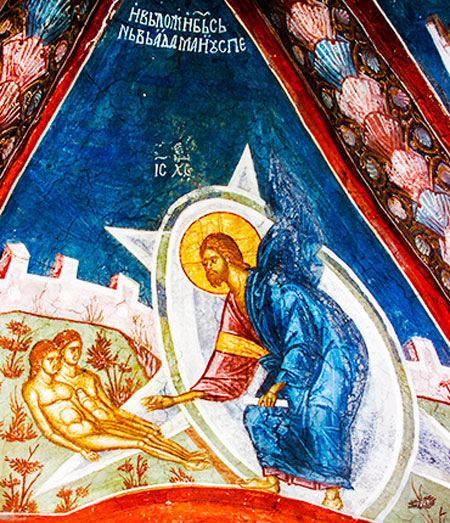
A man divided in this way is constantly in crisis (antagonism), with himself first, because everything in him is divided: the sensory and the spiritual, mind and knowledge, the carnal and the spiritual. He is faced with the constant choice between that which pleases his soul and that which pleases his body. And moving away from good would be the shortest and one of the most accurate definitions of evil.
Where and how does evil arise? Is evil innate in man?
The question of evil is an unavoidable when talking about crisis in the broadest sense of the word, but also when we just touch upon the question of man’s free will. If God is free in his energies as his activities, man is free as well!
Nevertheless, one should know that the image of God does not have everything in perfection and that is why it is complemented with something called likeness. Image and likeness are two names of one and the same function, but also its two different aspects.
In likeness means the tendency to do good and achieve perfection through constant struggle. Therefore, man is not a complete being, but a transitory being, which puts him in perpetual crisis. He is what he received from God, a two-nature psychosomatic being, and he becomes what he chooses with his free will: to constantly come closer to God or to distance himself from him. And here is the answer to the question where and how evil arises, where lies its root: “within us and our free decision-making”.
Thus, evil – as a result of the fall of man, which needs to be grasped before making an attempt to understand the concept and origin of any kind of crisis – has no ontological existence, and that is the basis of Orthodox anthropology and soteriology (the doctrine of salvation through Christ the Saviour and Redeemer).
However, moral evil, although not the essence of the human being, has become an essential state of the human race. It is a state only in that the fall has produced consequences that corrupt man and cause pain, fear and destruction. Since evil is a product of man, it is his constant companion, interlocutor and accomplice on the path to every passion, pain and death.
If we do not fight against the enemy within ourselves, we will fight against the enemy outside ourselves, i.e., against the other: real, imagined or conceited. For some, the enemy within can be the devil, for some the sting in the body in the form of a disease, for others it can be a challenge, a flaw. However, if we do not focus on that opponent, the opponent can become someone next to us, often our dearest ones: husband to wife, wife to husband, parents to children, children to children, neighbor to neighbor, brother to brother, colleague to colleague, etc.
At any rate, what is most interesting about evil from the psychological point of view is the fact that the evil we notice in others is the evil we have within ourselves. If we didn’t have it, we wouldn’t see or recognize it in another. Before psychology, Christianity has been talking about this for 2,000 years (“Why do you see the speck that is in your brother’s eye, but don’t consider the beam that is in your own eye?”). But the good thing is that most people are bothered by this evil! We would like to do something about it, get rid of it somehow.
Man is born free.
“Let’s agree to disagree.”
Man is the only being on earth who has freedom. This freedom was given to him to overcome his creation and his dependence on nature, to overcome mortality, because, by the very fact that the world was created, it is also mortal. This dynamic path presupposes his complete freedom to act according to his choices. Only the free decision of man as a rational being has, by nature, two possibilities: man will go either towards perfection or the fall. In other words, we either go higher or we fall into the abyss. That is why Goethe said: “You are free if your conscience is clear”.
When it comes to freedom of man, it is very important to respect the free opinion of another person, who has been given the right to be different. To be happy and successful, one must first understand and accept one’s freedom in full responsibility.
“Agree to disagree” is something that should unite people, without feeling threatened and without the need to dominate or discriminate. Thereafter, all interpersonal communications will get their meaningful fullness that is there to unite them, not to distance them from each other.
“Freedom is not worth having if it does not include the freedom to make mistakes.” said Mahatma Gandhi
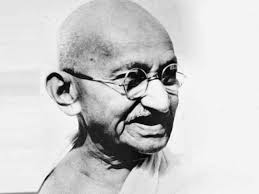
Who are crisis creators?
After addressing first some basic questions, in connection with the topic, I will further comment on the current crises, from the moment when today’s man crosses the threshold of his home and goes to work, to the store, for a walk, to buy coffee…
The creators of crises, wars and conflicts are very often the advocates of crises themselves. The strategy of creating a crisis is well known. First, an event is staged to be used as the cause of targeted actions, and immense propaganda is created around it.
“Hundreds of billions of dollars are spent every year in the US to control the public mind.” said famous American linguist, philosopher and writer, Noam Chomsky.
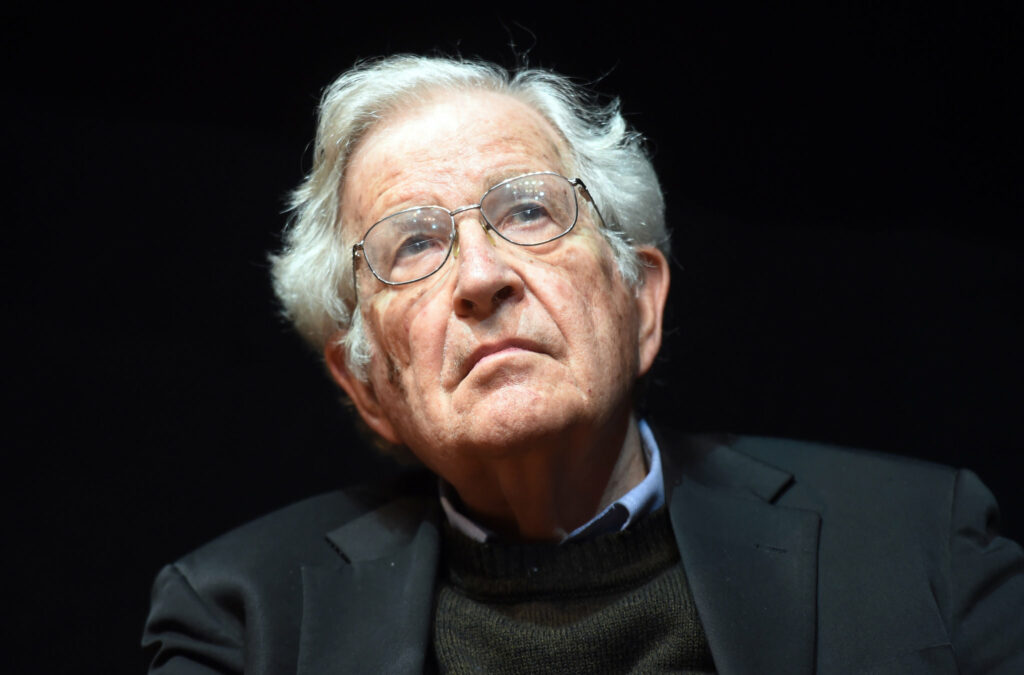
Therefore, through propaganda, the ruling system keeps people in fear and obedience. What would happen to their own people is not of any interest to the conspirators of the crisis! It is always helpful to remind ourselves of the words of the famous academician Vladeta Jerotic, PhD, who often said in his lectures: “Man is submissive out of fear, and obedient out of love.”
The whole world is witnessing Canadian truck drivers’ “Freedom Convoy”, that left British Columbia on January 23, 2022, to protest mandatory vaccination policy and pandemic restrictions in the form of COVID-19 vaccination passports – which threaten the human right to freedom of choice – organized a protest driving across the country with the final destination in Ottawa. In just a few days, the “Convoy of Freedom” has grown into a movement, which is joined daily by people across Canada – those who know that without freedom of choice, no human deed makes sense!
Before doing anything in life, one must first understand and accept one’s freedom and the fullness of responsibility that goes with it. Many representatives of the “Freedom Convoy” boldly say what many others are afraid to say, that the real reason why most people in the Western world are vaccinated is the fear of losing their jobs, positions in the society, chance to travel, and see and hug their loved ones: father, mother, sister, brother…

When the ruling system plans to save man through fear, under the disguise of humanism and care for humanity, keeping him in the state of controlled obedience, then such system is no longer in the service of people and humanity, but in the service of preserving the system itself, and it can be described as totalitarian. Democracy is nowhere to be found in such a system, because man is forced to accept only what the ruling system has previously institutionalized and declared a value.
However, when you overplay your hand, there is no going back. Once all the lines are crossed, particularly the line that every person carries within, then that marks the beginning of a new relationship, and the consequences and side effects are inevitable. You can do whatever you want to a man, but not for as long as you want! So, in response to that which has been tolerated for a long time, here we have “Freedom Convoy”!
As Jean-Jacques Rousseau said: “I prefer liberty with danger than peace with slavery.”
Orwell’s 1984
It is impossible to talk about the current world crisis and terror over people’s right to freedom of choice and opinion, and not to mention one of the greatest literary works of the 20th century – 1984 by George Orwell.
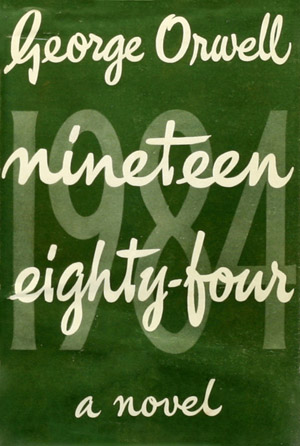
It could have been seen in the media recently that the British University of Northampton issued a warning to students about the potentially disturbing content of Orwell’s 1984.
We should ask ourselves: Why and why now? And what is so disturbing that both professors and students at this prestigious university must be warned about.
With his 1984, Orwell entered a field that has changed its meaning today. During the Cold War, Western propaganda used this literary work to show all the monstrosity of totalitarian ideologies, referring, in the subtext, to communist ideology in the Soviet system.
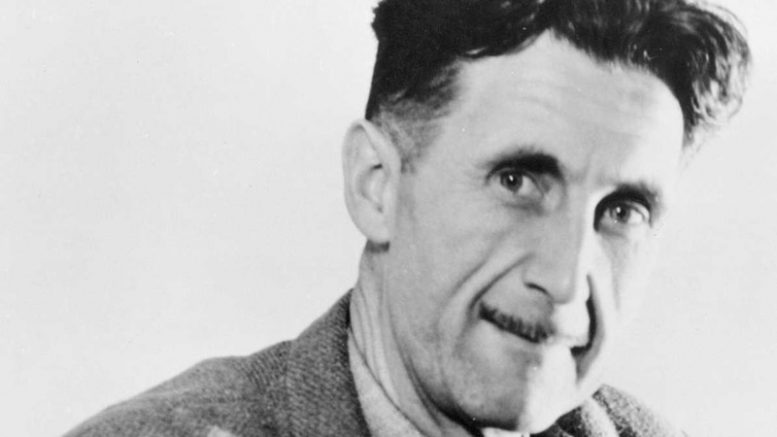
“If liberty means anything at all, it means the right to tell people what they do not want to hear.” said George Orwell.
Nowadays, when there is no longer the USSR or communism in that country, the reader in Western countries, faced with the content from immediate reality, can easily bring this work in connection with personal experience. The particles of totalitarianism are no longer somewhere out there, but very close to home. For events happening in personal experience, the ruling system can no longer blame someone else, specifically Russia, and that is where the problem lies.
Totalitarianism and pogrom of critical thinking in the form of subtle warnings disguised as political correctness
Another reason why some Western educational institutions, backed by the ruling systems, are bothered by George Orwell and his work at this moment in time is because he, himself, is the embodiment of critical thinking and rebellious spirit, the incorruptible and brave. The fact that it bothers them so much has been part of the planned destruction and extinction in the West for many years.
Critical thinking is completely excluded from the aorta of the ruling media, both informative and cultural. And it goes even beyond that with the events which are not favorable towards the ruling systems being reported, but without key elements. Subversive content is not excluded, it is discussed, but the essence is avoided and concealed.
It is the same within university circles, among professors and students. Something called political correctness has been planted there, and unfortunately, the majority is ready to give in.
“People fleeing death pursue it” said Democritus, a pre-Socratic philosopher. The truth has long been removed from educational, strictly controlled institutions. Many are no longer concerned with the Truth, nor the truth, because it has become unimportant. What is important is to create a feeling of discomfort, anxiety, and fear in the recipient. For example, if an educational institution puts 1984 on a virtual blacklist, let’s wait and see if anybody dares to write about Orwell. For if one dares to do such a thing, one might lose scholarship, job, and position in the academic circles. The stakes are too high! Someone has very well thought out all of it, and they count on ever existing debtors and comfort-loving people, because a materialistic man will always find a golden calf to worship.
Contemporary authors mostly write in accordance with political correctness, because only such a work will be printed and published. And if a work is self-published, and it challenges the ruling system, the author knows in advance that it will be marginalized by the ruling media because, according to them, only what is published through controlled, scientific journals has value.
And so, totalitarianism tramples not only everything it touches in the present, but also what it no longer enjoys from the past. It wants to redefine man, make man an avatar. That is why it aims at the young. It is not interested in anyone’s expertise, creativity, and original values, and especially not in Christianity. Its interest lies in semi-literacy, alienation, and of all things, it is most interested in human obedience and subordination.
In lieu of conclusion
There will always be crises, and one should first solve the evil and the crisis within oneself. These are the revolutions that change humanity for the better. We need to take care of ourselves, our faith, our family, and our neighbors first.
“Love never claims, it ever gives. Love ever suffers, never resents never revenges itself.” – Mahatma Gandhi
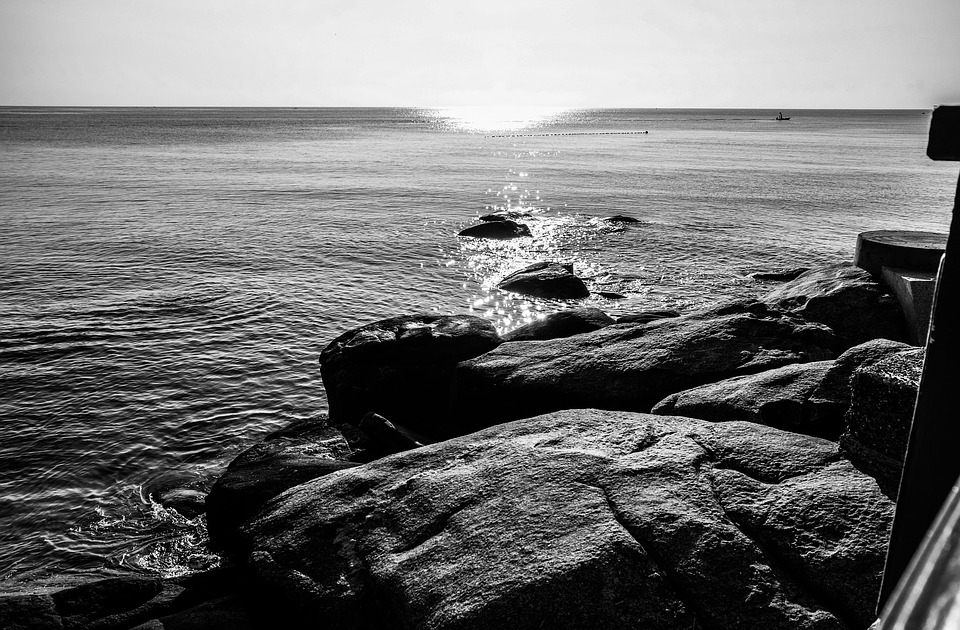
And people will always search for a new and happier age, and they will not find it in this world… It is, however, important to fight, so that it gets better for all of us, at least a little, while we are here, and we shouldn’t worry, because despite all crises, the world and man are on the path to perfection. The presence of divine energy in the world allows us to expect a renewed creation, a new creation, and to expect, according to God’s promise, “new heavens and a new earth”…


